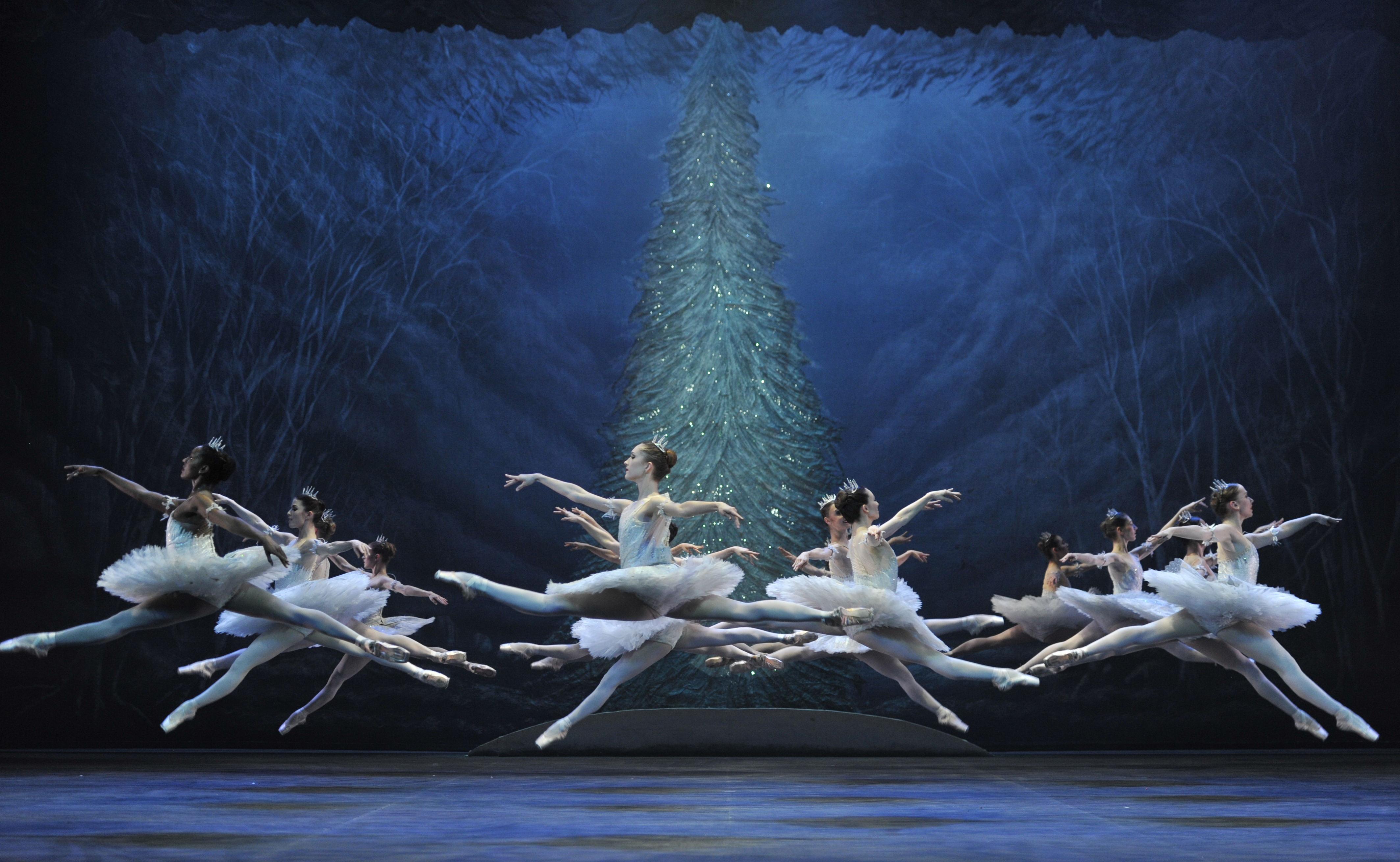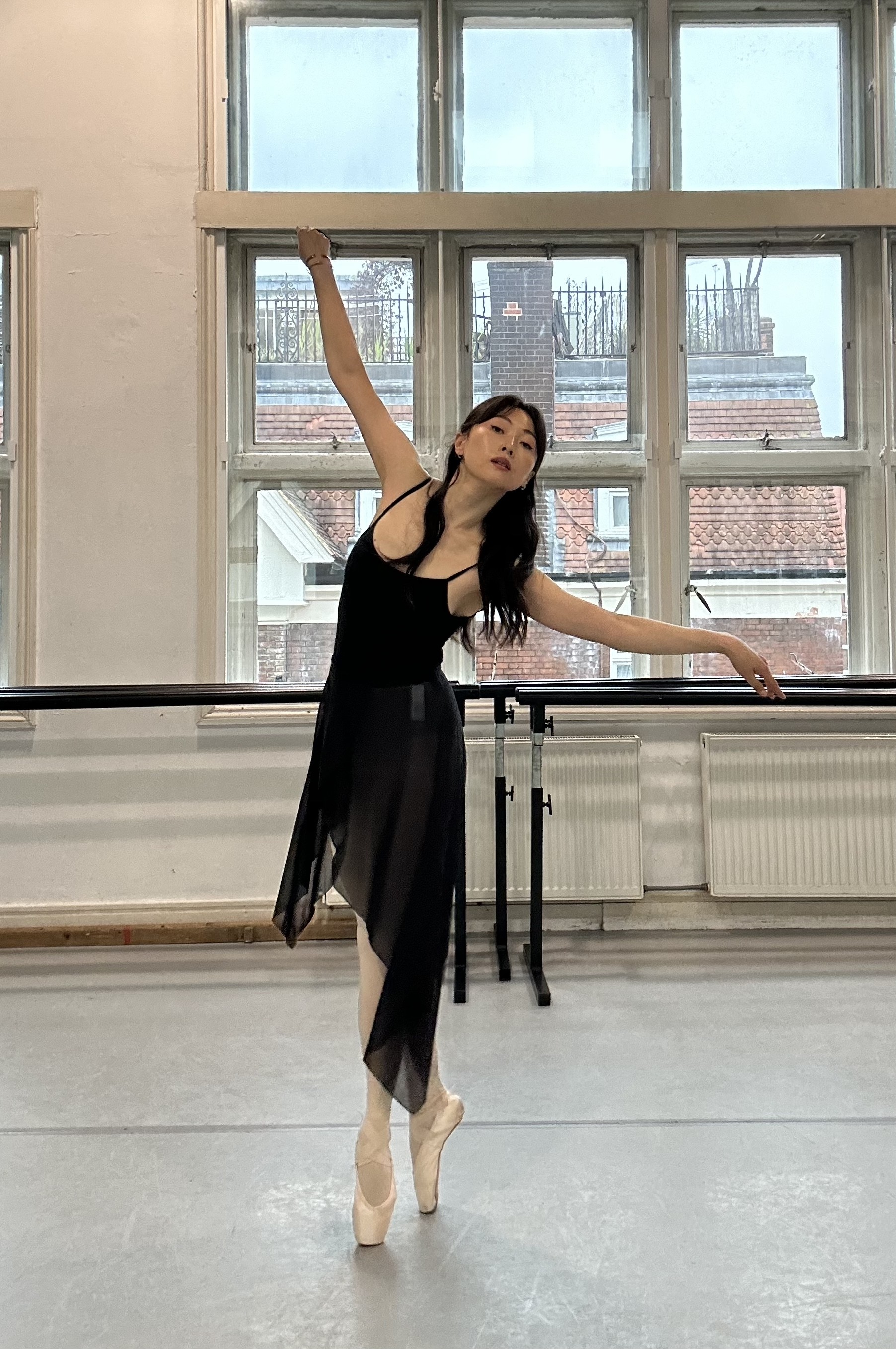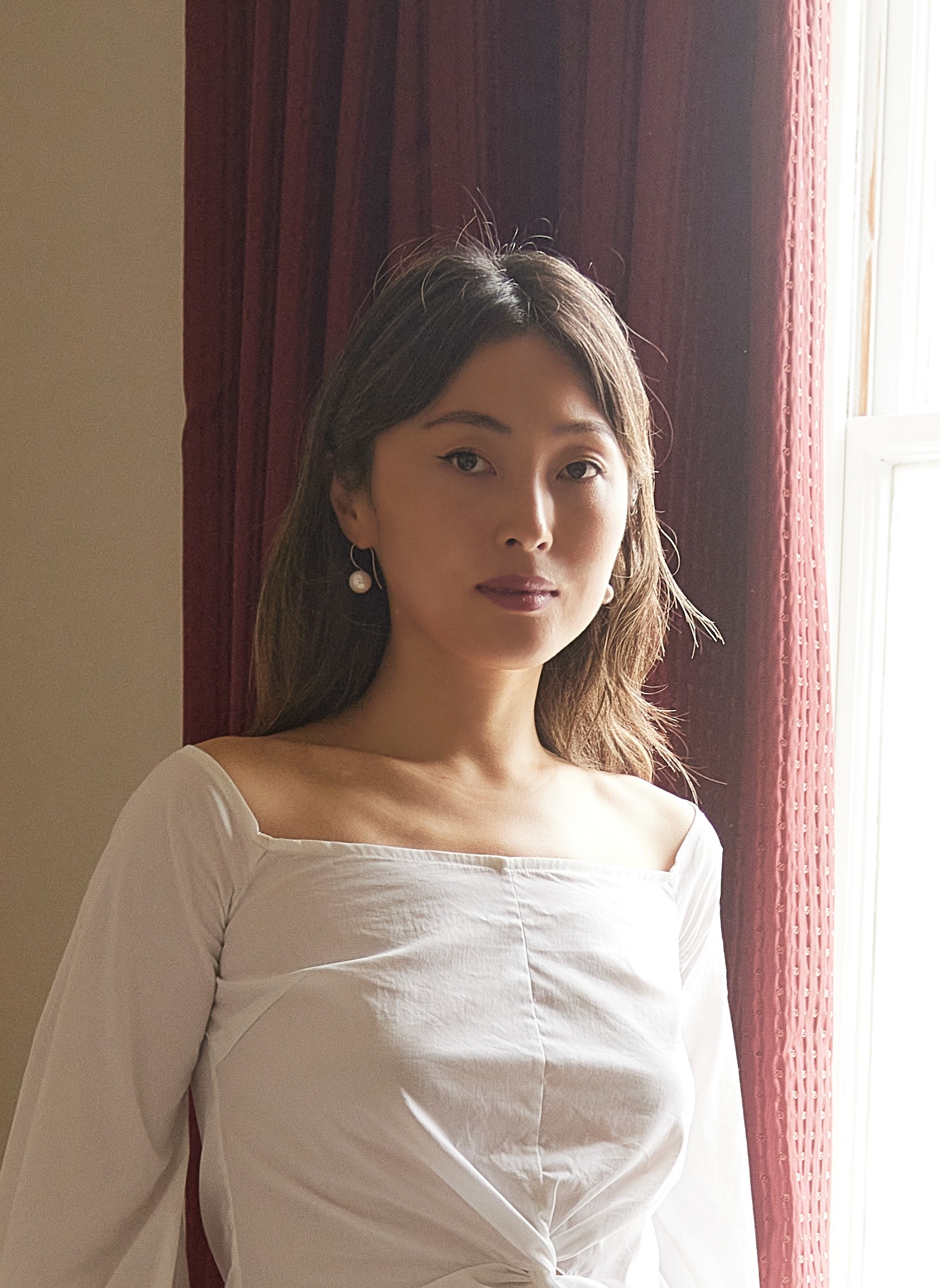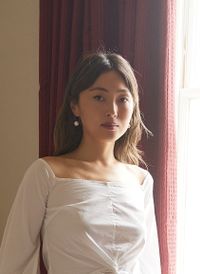I rediscovered my childhood love of ballet at 32 and it's changed my relationship with my body
I dance and I feel free

Like most ballet dancers, I vividly remember getting my first pair of pointe shoes. They were by Gamba — a legendary Covent Garden maker that now belongs to the French house Repetto. Always eager to please, I nodded when the fitter asked if I felt comfortable in them, but before long, I was limping at the end of every class. When I took my shoes off, my tights and the inner lining of the shoes were stained red with blood. I eventually overcame my shyness and asked my teacher whether it was normal to feel so much pain on pointe. She confirmed that yes, it was normal; and that a little bit of lambswool was all she ever needed to cushion her toes from the floor.
When a swath of lambswool did nothing to stop the pain, I decided that I was too heavy for pointe and I began to look at my thighs with disgust. I was twelve years old.
After university, I stopped dancing altogether; I was struggling to find my career path and couldn’t bear being discouraged in ballet class as well. But in 2020—20 years later—social distancing gave me the perfect excuse to fall out of pirouettes in my living room in peace. It amazed me how my body was so much more comfortable to dance in than in my ‘prime years’ of teens and early twenties. I even discovered that my pirouettes—my Roman Empire—had improved. It wasn’t because I had improved physically, but because I had gained life experience and knew who I was in my body and soul. After a few years of confidence building with online classes, I decided to get back on pointe.
I began to look at my thighs with disgust. I was twelve years old.
I quickly realised that returning to ballet in flat slippers is one thing, but putting pointe shoes back on is quite another. It’s no coincidence that films—from The Red Shoes to Black Swan—use close-ups of pointe shoes, and the ensuing pain, as a synecdoche for ballet itself. Pointe shoes offer the intoxicating duality of sensuality and innocence. Their satin upper, matching ribbons, and elongated line (as far as the human leg can reach) embody hyper-femininity. They are sexier than the highest stilettos, but they’re also demure, capturing a heady blend of ideals. The pioneers of pointe shoes were well-aware of this power: Marie Taglioni, the first ballerina to perform fully en pointe, was as revered for her delicacy onstage as her chaste image offstage. At the same time, Taglioni and her contemporaries had lovers and patrons, going far outside the norms of 19th-century society. Pointe shoes were essential to this sexual allure: in 1842, a group of avid fans bought a pair of Taglioni’s shoes (admittedly softer than the modern pointe shoe ), cooked and ate them.

Juhea Kim
Modern dancers may not go so far, but they still fetishize the pointe shoe in countless Instagram videos of hyperextended feet and “breaking my pointe shoe” ASMR videos. I also obsess over these videos more than I care to admit. But my passion comes from the fact that nothing compares to the bliss and the freedom of dancing en pointe. After all, ballet has always been about the sublime, and in pointe shoes, you are six inches closer to the sky. Pointe work makes me feel both airier and stronger than I have ever been.
Unfortunately, despite the advances in shoes and accessories, pointe work is still painful for me (and most people I know). Recently, I woke up in the middle of the night because my big toenail started gushing blood, and as I write, my other big toe stings as if I’ve dropped a grand piano on it.
But what I get in return is that for a few days a week, I get to join other adult dancers for a private pointe class at Danceworks in Mayfair. Our teacher, Inga George, isn’t ‘chatty’—none of the Vaganova-trained teachers really are—but she’s kind and attentive. I dance en pointe to Inga’s combinations inspired by classical repertoire and when I look in the mirror, I see a group of adult women transforming into Giselle with deadly seriousness, and I fill with joy. It doesn’t matter that we’re different ages, shapes, and levels: our passion is what shows. I understand now that I was holding myself back for so long because I was afraid of my ‘difference’ when it is exactly that individuality that is most precious in ballet—as well as in life. I dance; and I feel free.
Celebrity news, beauty, fashion advice, and fascinating features, delivered straight to your inbox!
CITY OF NIGHT BIRDS by Juhea Kim is published by Oneworld on 9 January. You can pre-order it now.

